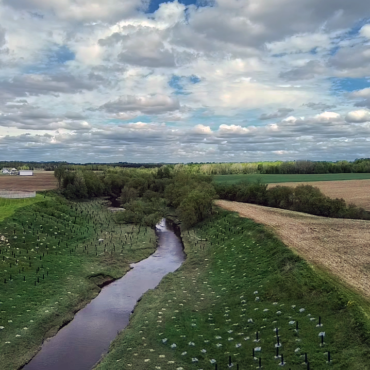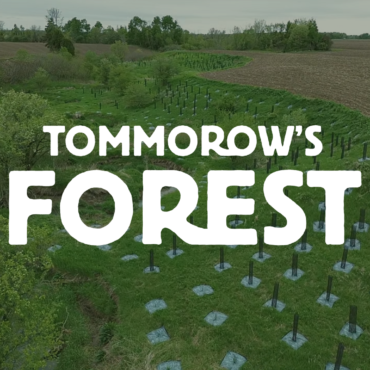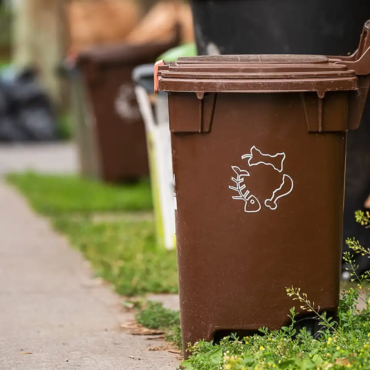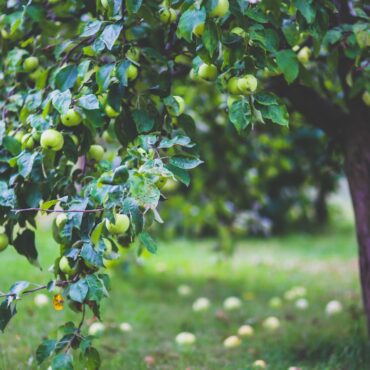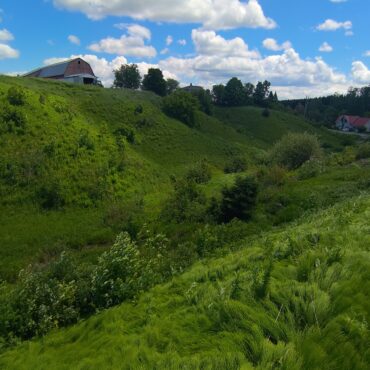Blog & News
Greening
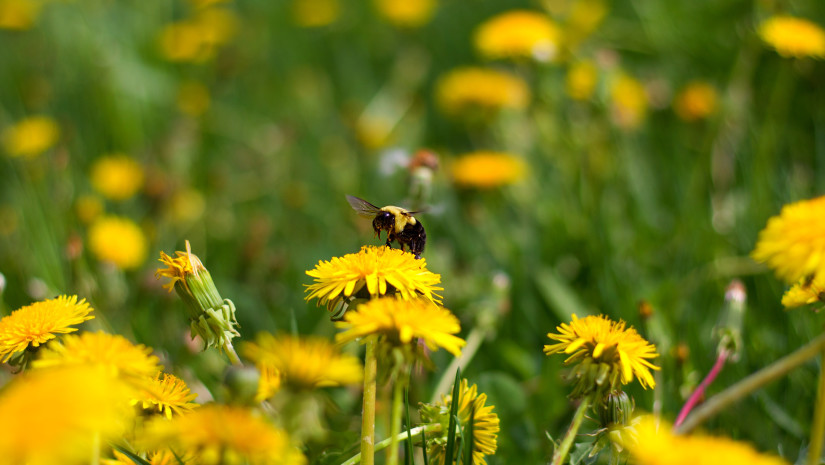
Have you seen these little yellow flowers popping up between sidewalks, blooming in vacant areas and spreading across fields in the last few weeks? Once winter’s white blanket is lifted from our grounds, dandelions begin to appear, bringing some colour back into our lives—and signalling the arrival of spring!
Historically used for medicinal purposes because of its diuretic properties and imported by the European colonies, this plant was until recently considered an invasive weed. This is reflected in the dozens of advice articles and seasonal products designed specifically with the aim of getting rid of them (which, for obvious reasons, I will not share with you).
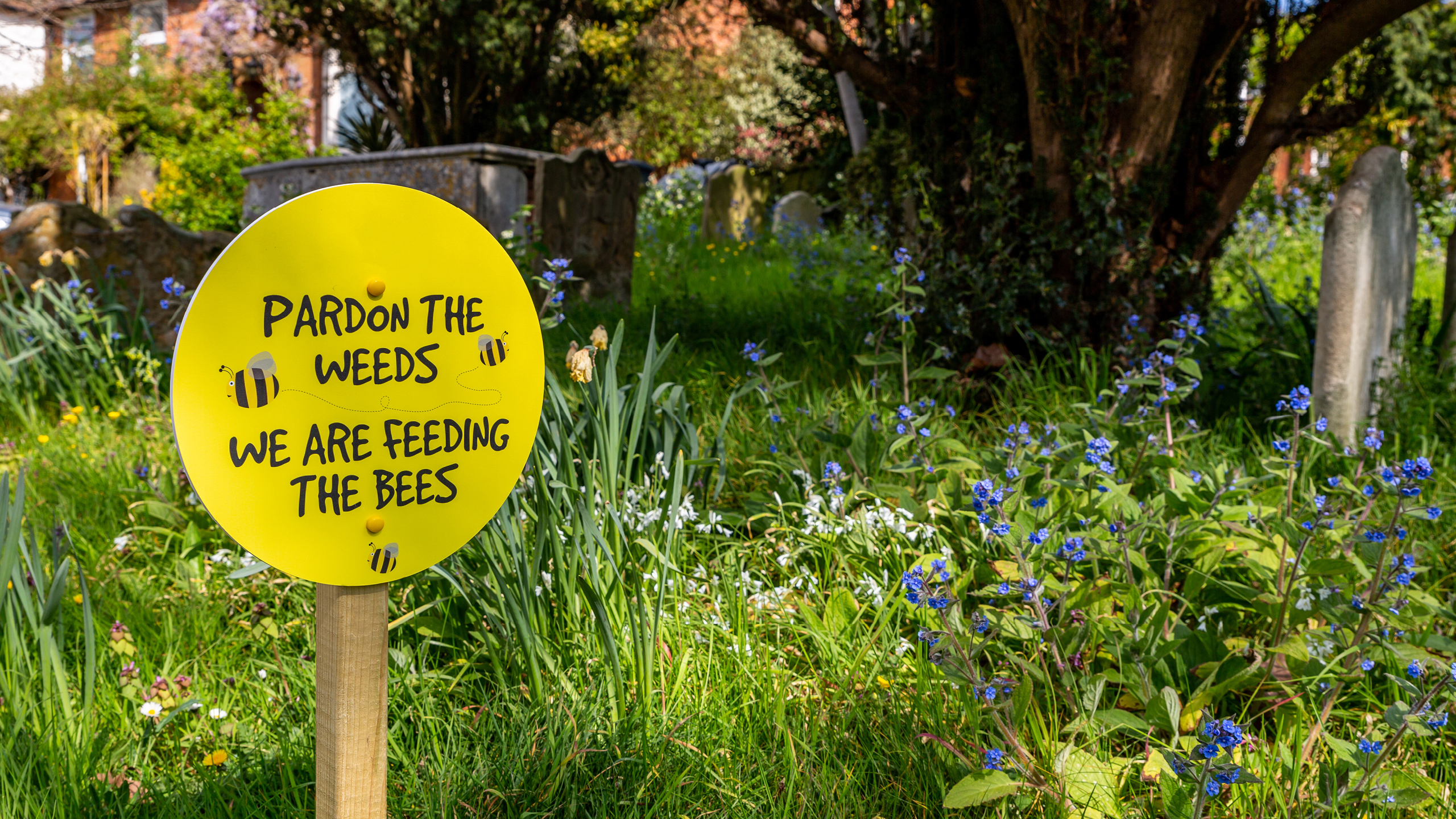
The dandelion is an annual source of wonder and admiration for us and an essential resource for many others! So much so that today, we’re learning to rediscover this amazing, 100% edible and useful plant to help maintain biodiversity.
Defending dandelions nationwide!
That’s right, the dandelion is precious to an entire ecosystem: that of pollinators who are exhausted by winter’s end. Of the 20,000 species of bees in the world, 800 of them live in Canada, alongside butterflies, wasps, flies and bats, all of which benefit from this spring bounty. It’s this biodiversity we can protect!
Side note: most large cities have been installing rooftop beehives for the past few years in an effort to protect biodiversity… but they forget that these bees are “domesticated” and contribute to the scarcity of food for native or wild species. Installing hives is good, but you have to think about adding to the food supply for all those bees, otherwise the effort becomes counterproductive.
Today, pollinating insects suffer the impacts of pesticides and herbicides used for gardening and agriculture (including the infamous neonicotinoids). Proof: the infamous “windshield effect,” which shows a clear decrease in crushed insects on car windows. Between 40 and 75% of populations and species are already threatened.
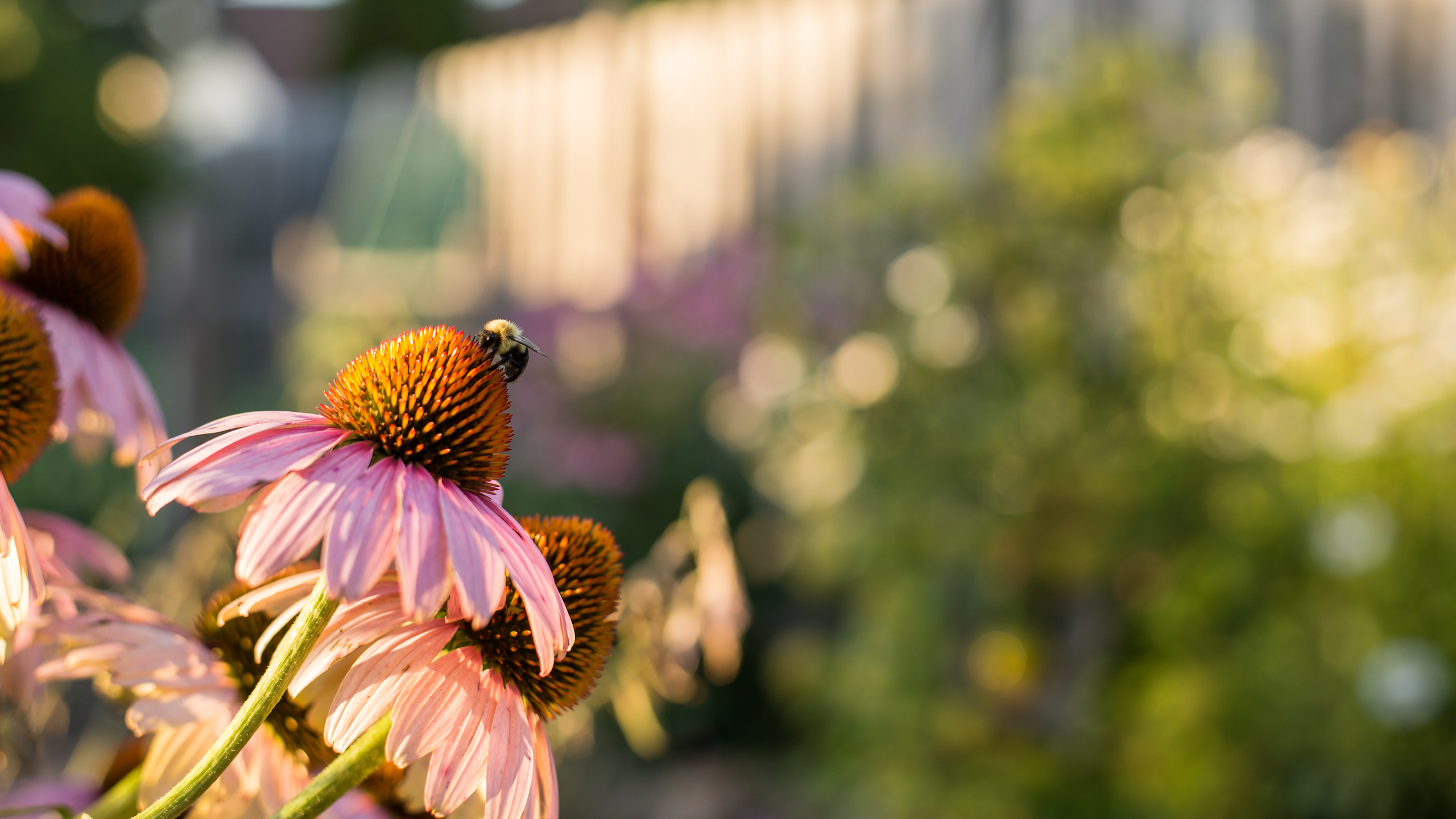
Some people would be happy to hear these numbers, but the reality is that insects are the foundation of the food chain. They are even what we call “ecological sentinels”: their health is both a factor and an indicator of the health of the ecosystems in which they inhabit. Their disappearance involves all the species that feed on them directly (such as bats) or indirectly, through consumption of fruits and vegetables resulting from the pollination of plants.
It’s therefore time to act to protect all the wonderful biodiversity that surrounds us by not mowing the lawn. This could be a good start!
Take the challenge!
The first to call for rallying behind the dandelion is PlantLife, a British organization that launched the “No Mow May” initiative in 2019. Since then, countless organizations around the world have called on the general public, businesses and governments to protect this vital food source for pollinators.
In Quebec, an initiative called Défi Pissenlit (the dandelion challenge) was launched in 2021 by Miel&Co. The goal is the same: to protect the spring flowers at the time when insects need them the most.
That said, if it breaks your heart to see a living lawn, there are other solutions you can do on your own or with your family! You can try companion planting, in the vegetable garden, planting melliferous (nectar-producing) plants in a corner of the garden or on the balcony, or building an insect hotel! In addition to providing a home and food for your new friends, you’ll be able to watch them come and go all summer long; something to delight the young and old alike!
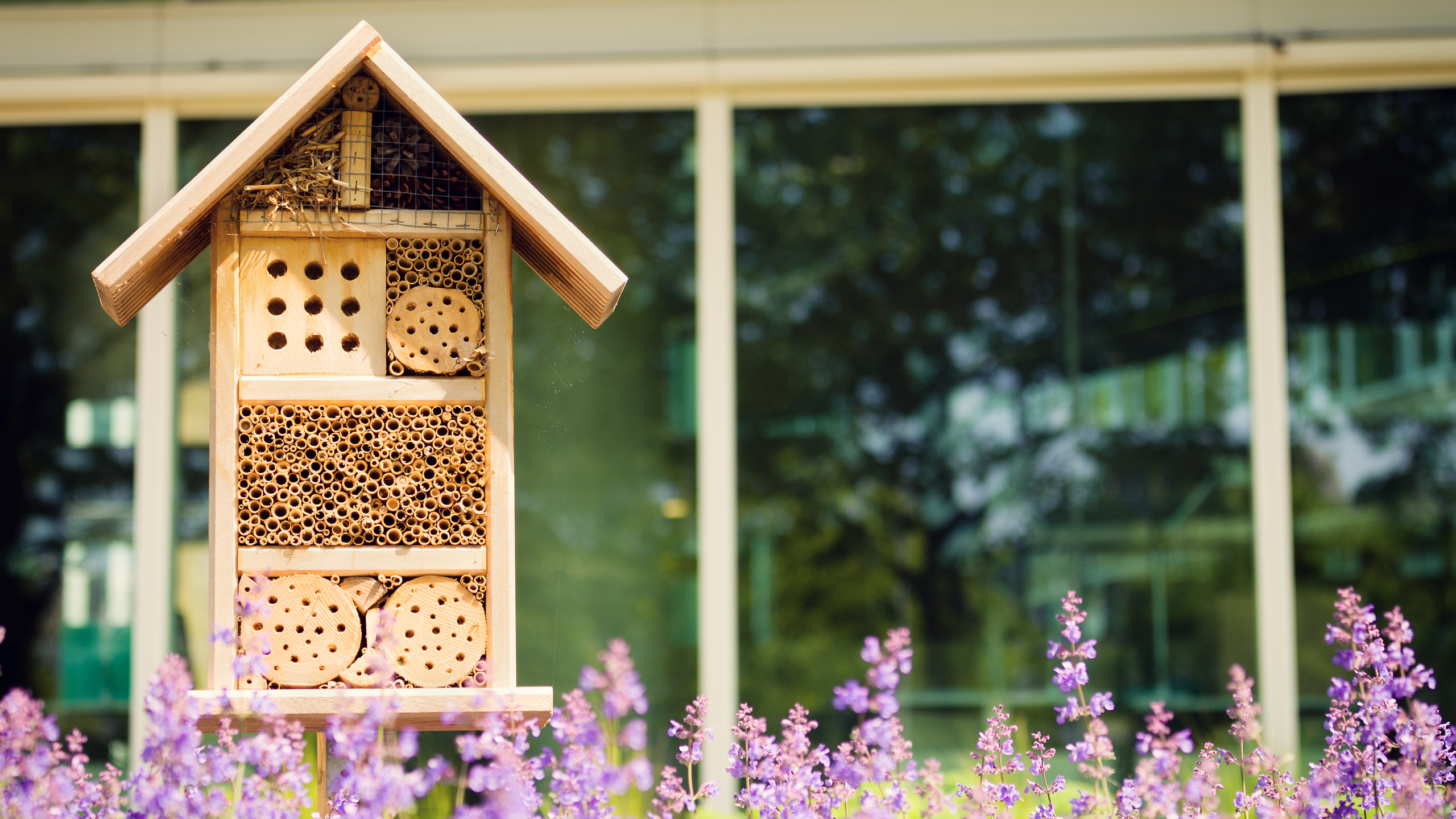
And if individual action seems too light, why not get your city or business to commit to protecting pollinator health? Sometimes all it takes is a few explanations to spur action (like I’m trying to do as I write this), so jump on in!
Cities are getting involved… and you can help
Since they own and maintain many green spaces, cities can become great allies of biodiversity (and our well-being!) by changing their practices!
Cities that have decided to take up the Dandelion Challenge in Canada include Montreal, Kingston, Portneuf, Fredericton, Dieppe, Laval, Nominingue, and dozens more! Some also encourage their citizens to do the same on their private property. On top of cutting costs, it brings colour back into the world and to our sad gray streets.
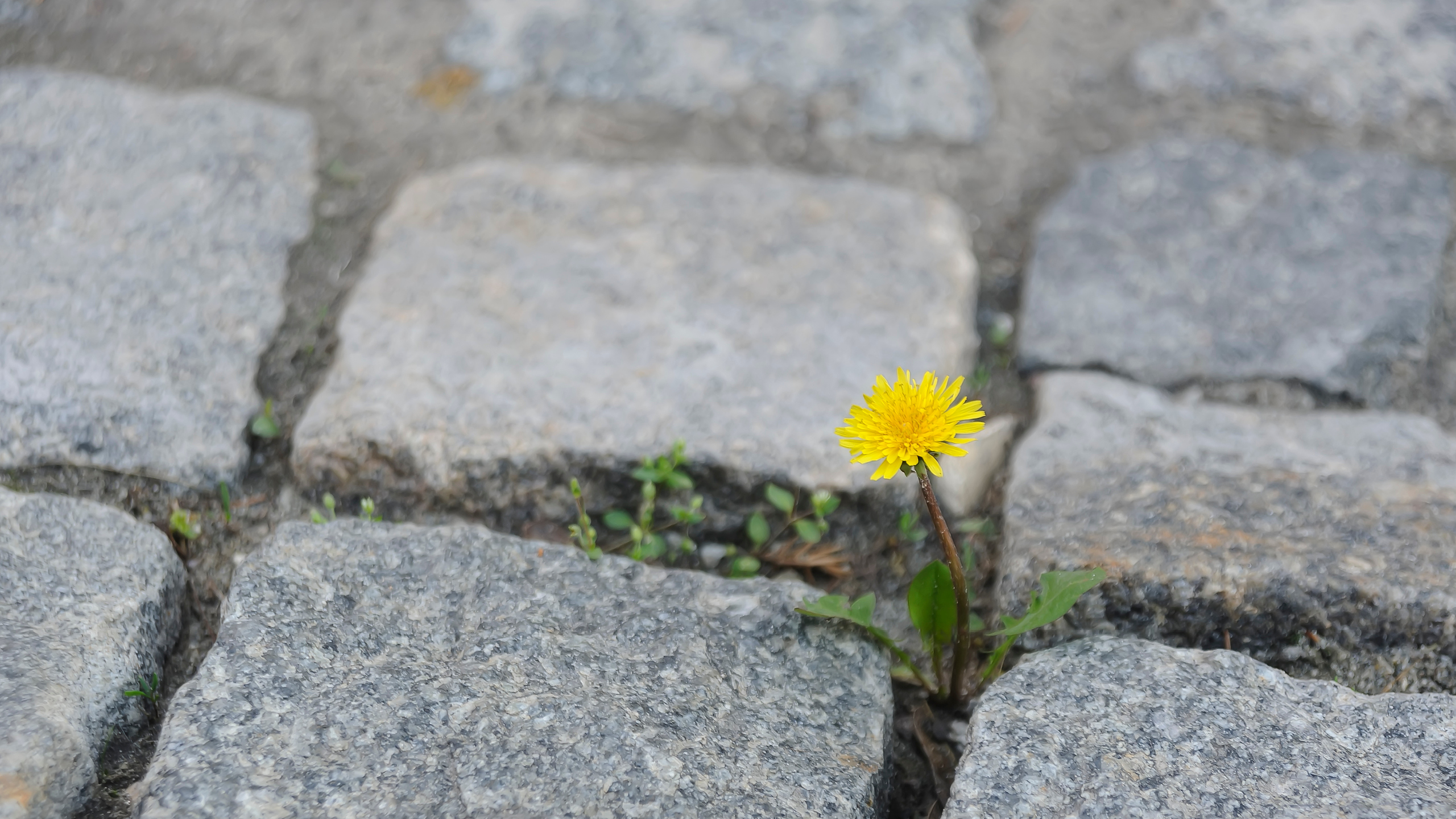
Their power doesn’t stop there: they can also regulate, or rather—deregulate! Yup, most municipalities in North America still have bylaws that require regular mowing of lawns, or even prohibit the presence of flower or vegetable gardens on the front lawn of residences. As a result, more and more people are questioning the ubiquity of regular grass lawns (deemed too perfect) and seeking alternatives by inviting us to rethink our gardens.
Others go one step further by inviting citizens to reappropriate public spaces. The method: remove the asphalt sidewalks and replace them with community-maintained flowerbeds!
So, am I the only one dreaming of a garden city?
Go even further:
Share the Dandelion Challenge with your municipality! (French only)
Share the No Mow May challenge with your city!
Rethink your garden!

Advisor – Waste Management
Arthur Lamoine
It was upon returning from a university exchange in Chile that Arthur realized our notion of societal development needed to be rethought. Determined to act against climate change, he’d like to contribute to the transformation of our cities and build more resilient and sustainable communities. Passionate about permaculture and homemade food, he spends his free time landscaping his balcony and enjoying the outdoors by cycling. In love with the Quebec winter and a big fan of snow sports, you won't catch him indoors after that first snowfall!
View all posts...Related posts :
Contact us
Earth Day Canada
5818, boulevard Saint-Laurent
Montréal (Québec) H2T 1T3 Canada
Phone : (514) 728-0116
Toll free : 1 800 424-8758
Fax : (514) 303-0248
Email: hello@earthday.ca
2025 © Earth Day Canada. All rights reserved.
Privacy policy · Terms of use · Trademark
